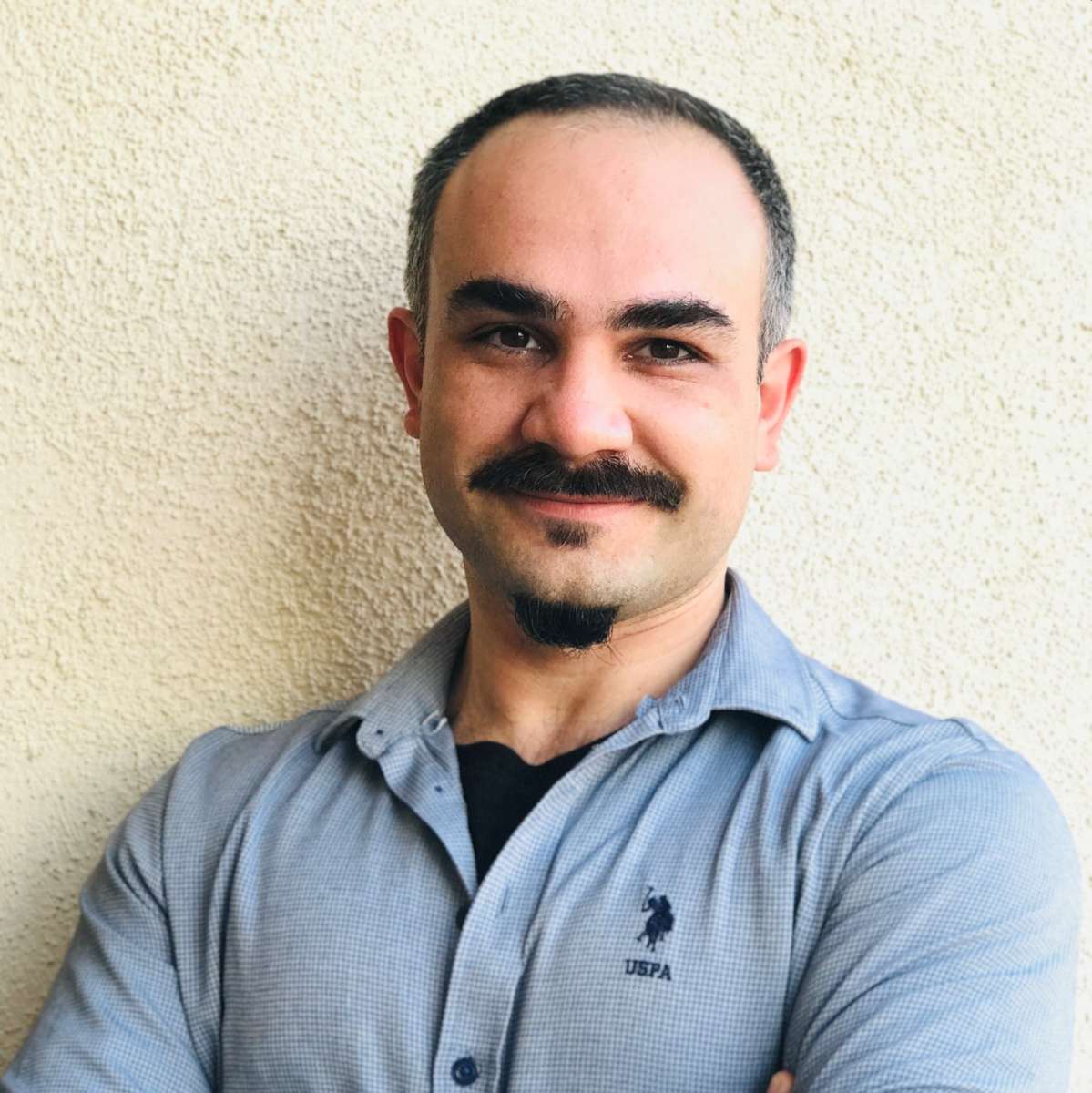Meet SPS Member Ahmet Mete Elbir


Ahmet Mete Elbir
Associate Professor
Department of Electrical and Electronics
Istinye University, Turkey
Ahmet's Biography:
I received the B.S. degree with Honors from Firat University, Turkey, in 2009, and the Ph.D. degree from the Middle East Technical University (METU), Turkey, in 2016, both in electrical engineering. Currently, I am working as an associate professor at Istinye University, and as a research fellow at University of Luxembourg. In the past, I had Visiting Postdoctoral Researcher positions at King Abdullah University of Science and Technology in 2023-2025, Koc University in 2020-2021, Carleton University in 2022-2023, and the University of Hertfordshire in 2021-2023. My main research interests include array signal processing for radar and communications, and machine learning for multi-antenna systems.
I am a senior member of IEEE Signal Processing Society (SPS), and I serve as an Associate Editor for IEEE Transactions on Aerospace and Electronic Systems and IEEE Wireless Communications Letters, and had served as a Lead Guest Editor for IEEE Journal of Selected Topics in Signal Processing, IEEE Signal Processing Magazine, IEEE Wireless Communications, IEEE Communications and Standards Magazine and IEEE Journal of Selected Topics in Applied Earth Observations and Remote Sensing, and a Guest Editor for IEEE Transactions on Computational Imaging and IEEE Journal of Selected Areas in Sensor. Currently, I am the Chair of IEEE SPS Technical Working Group (TWG) on Synthetic Aperture, and a member of the IEEE AESS TWG on Integrated Sensing and Communications. I was the recipient of 2016 METU Best Ph.D. thesis award, the 2022 IEEE Turkey Section Research Encouragement Award, and the IET Radar, Sonar & Navigations Best Paper Award in 2022.
Why Did You Choose to Become Faculty in the Field of Signal Processing?
I started my PhD working on array signal processing. I didn’t know at that time about it. Because I was thinking to work on control systems then. However, as I moved on and dove into the applications, scenarios, and algorithms, I loved signal processing. I started to think that signal processing is a core subject for several other fields like communications, radar, imaging, biomedical, machine learning etc. Therefore, I decided to study further on signal processing, and thought, maybe one day, I will apply what I have learned in signal processing to these fields. And I did. Currently, I’m working on communications, radar systems, and machine learning while I am developing ideas mainly based on the signal processing techniques that I have learned years ago.
How Does Your Work Affect Society?
I have been involved in developing several signal processing techniques for the challenging problems in the applications of wireless communications and radar systems. For example, I have developed machine learning-based solutions for the design of wireless communication systems, for which the communication may be more hardware-efficient and inexpensive. Also, I have developed signal processing techniques for the calibration of antenna arrays for radar/communication applications so that the antenna array can be automatically and accurately calibrated for accurate performance.
I believe, almost in all my scientific works, I have always tried to provide a simple solution to the challenging problems. And I think they seem to be useful in the society of scientists and engineers, which makes me feel honored and encouraged.
What Challenges Have You Had to Face to Get Where You Are Today?
Let’s stick with the technical challenges first. Studying signal processing is difficult. You need to come up with a new algorithm and technicality to meet the high standards of IEEE journals/magazines. Thus, you need to not only bring novelty in terms of new signal processing techniques but also think outside of the box. Thinking about new challenges in various applications such as communications, radar and machine learning was a big challenge for me at first. This requires checking up on the current and new trends in the literature and think about what value that we can add. Then, I started to think what value can be added to the published works, but at the same time we can achieve significant results. This, then, allowed me to think outside the box, and I started thinking about new concepts, new challenges as well as new solutions to these challenges. For example, when I first started on deep learning, I was trying to solve direction-of-arrival (DOA) estimation problem. As we commonly know, deep learning requires large amount of data for model training and reliable accuracy. However, DOA estimation scenario does not involve this amount of data because in most cases we use the measurement of up to 16 antennas, which is not enough for deep learning. I have tried so many things in couple of months. Then, I thought about employing the covariance matrix of these measurements, which generates up to 256x2 different features after using the real and imaginary values of the covariance matrix. After then, I was able to train a learning model effectively. This approached allowed me to build a set of learning models for the solution of several challenging signal processing problems in various applications.
What Advice Would You Give to Scientists/Engineers in Signal Processing?
- As I have said before, thinking outside of the box is a simple but very effective way of bringing new concepts in signal processing for various applications. To this end, one must need an updated knowledge of the current literature. Thus, subscribing to IEEE journals, following top researchers, and related topics are quite helpful.
- Critical thinking. One must always have a pair of colleagues to critically judge your ideas in both supportive and opposite. For example, when we write a paper, we need a second opinion. I believe this second opinion should be as harsh as it can be, which also includes the views on why this paper should not be written. This is greatly challenging and rewarding at the same time because it allows us to significantly improve our paper.
- Never give up. I believe a scientist should never give up on solution to a problem. Working hard always pays off and we, in many most and unpredictable ways, come up with a solution.
- Knowing the solution space of the problem. If we are not well-equipped, started to work with less background on a problem, then not giving up may not bring a reliable solution. Therefore, a scientist/engineer should be first ready to attack the signal processing problem from technical perspective. This one first should know the feasibility of the problem, e.g., the solution space of a problem. Otherwise, not giving up is simply a waste of time.
Anything Else that You Would Like to Add?
The most important advice is that a scientist/engineer should be a person with honesty, dignity, and honor.

